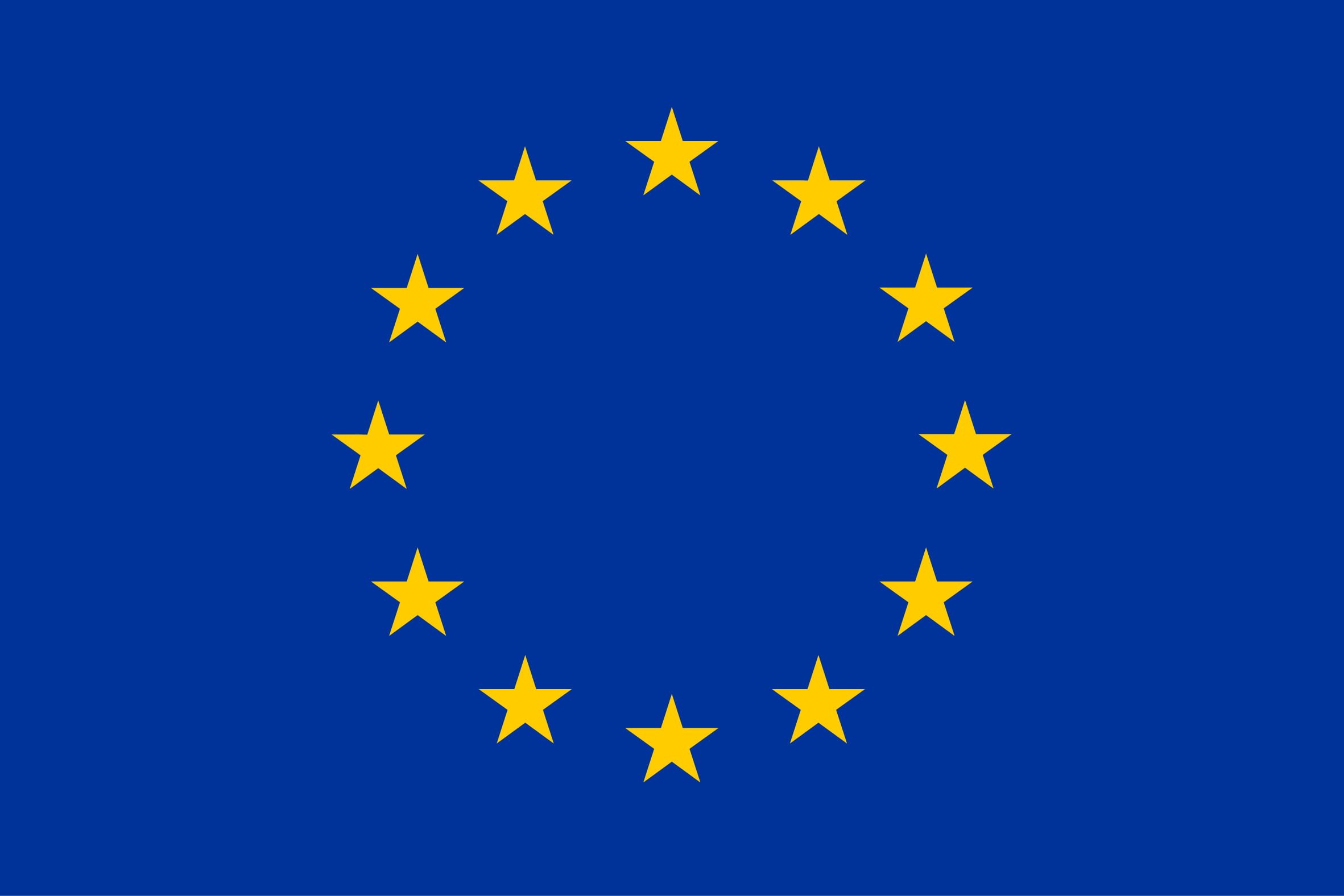
EU Report Underscores Importance of Maintaining Reform Momentum in Georgia
On February 7 the European Commission, EU’s executive arm, released a report summarizing implementation of the Association Agreement (AA) with Georgia. The report, jointly prepared by the European External Action Service and the European Commission itself, covers the period since the last Association Council meeting in March 2019 and ahead of the next meeting in 2020. As stated by the report, Georgia remains committed to the obligations and undertakings of the AA. It notes that the process of Georgia’s alignment to the EU acquis, as well as to European standards, particularly in the area of human rights, has “effectively continued.”
Among the major political events of 2019, the European Commission highlighted by-elections for one parliamentary seat and five mayoral posts, as well as mass public protests since the summer and a busy parliamentary session in the autumn to adopt the key legislation relating to democratic consolidation.
“The media landscape changed considerably after a European Court of Human Rights (ECHR) ruling on the Rustavi 2 TV channel case in July,” said the report. It further elaborated that new media channels were set up, while the Prosecutor’s Office launched investigations involving the owners/managers of some media outlets.
The report commended Georgia’s civil society for holding public institutions accountable and monitoring the implementation of the AA, including the Deep and Comprehensive Free Trade Agreement. Here, the report called attention to the tensions which persist between “certain civil society organizations and state institutions.” It further added that the use of force against protesters had been currently under investigation.
Georgia’s good standing in international business environment rankings is also mentioned. “However,” added the report, “challenges remain with regard to the independence and accountability of the judiciary, legal certainty and ongoing investigations involving major businesses (including TBC Bank).”
The report emphasized that “2020 will be an important year for Georgia to continue to demonstrate its reform commitment, which will be crucial for further advancing on its European path.” It laid special stress on proceeding with ambitious election reforms, tackling the increasing polarization and pursuing judicial reform.
The European Commission reiterated the importance of the 2020 parliamentary elections, deemed “pivotal in confirming Georgia’s democratic credentials.” The Commission considers crucial to “find a solution with regard to the set-up of the election system acceptable to all parties.” The report named enabling environment for free and pluralistic media as another key factor in the run-up to the elections.
The report called on Georgia to carry on with implementing the fourth wave of reforms in the judicial system. Meanwhile, it noted that Georgia’s commitment to uphold the highest standards of ethics and integrity in its judiciary remains critical. The Commission stipulated that the selection procedure for Supreme Court Judges must adhere to all recommendations made by the Venice Commission and be carried out in a transparent manner, in line with a genuinely merit-based nomination process.
With reference to the visa-free regime, the report attached special importance to addressing [by Georgia] the continued increase of asylum applications in close cooperation with the Commission and EU Member States.
Finally, the Commission wrote about the need of structural reforms, essential to make Georgia’s economy less vulnerable to external developments, as well as to enhance the investment climate and trade potential.
Josep Borrell, High Representative of the Union for Foreign Affairs and Security Policy, commented on the report that “the EU will closely follow political developments over the coming months, in light of the worrying increase in political polarization in the country.” He reiterated EU’s firm support to Georgia’s territorial integrity within its internationally recognized borders. “Our engagement in conflict resolution remains strong through the work of the EU Special Representative and the EU Monitoring Mission,” EU’s chief diplomat said.
This post is also available in: ქართული Русский